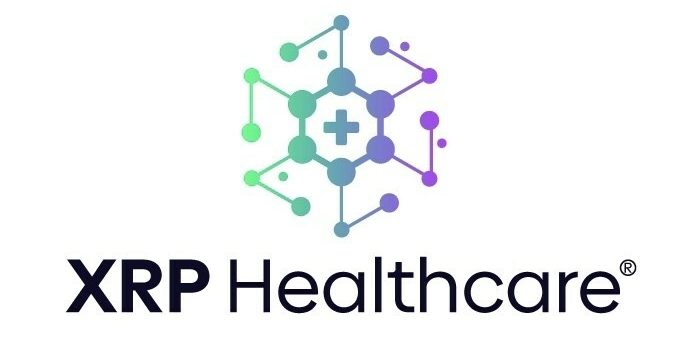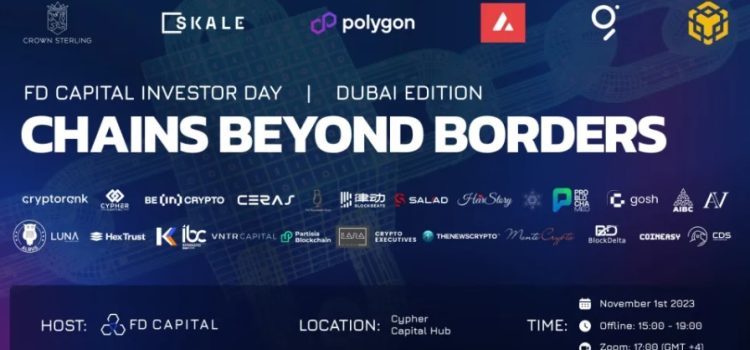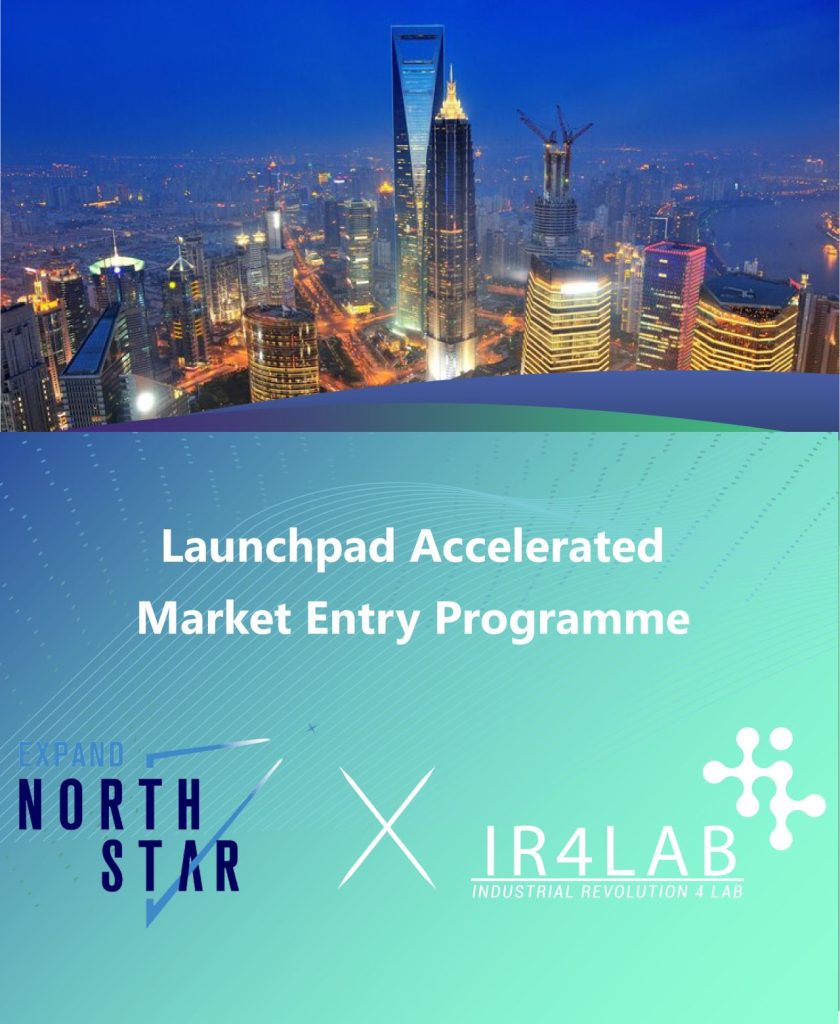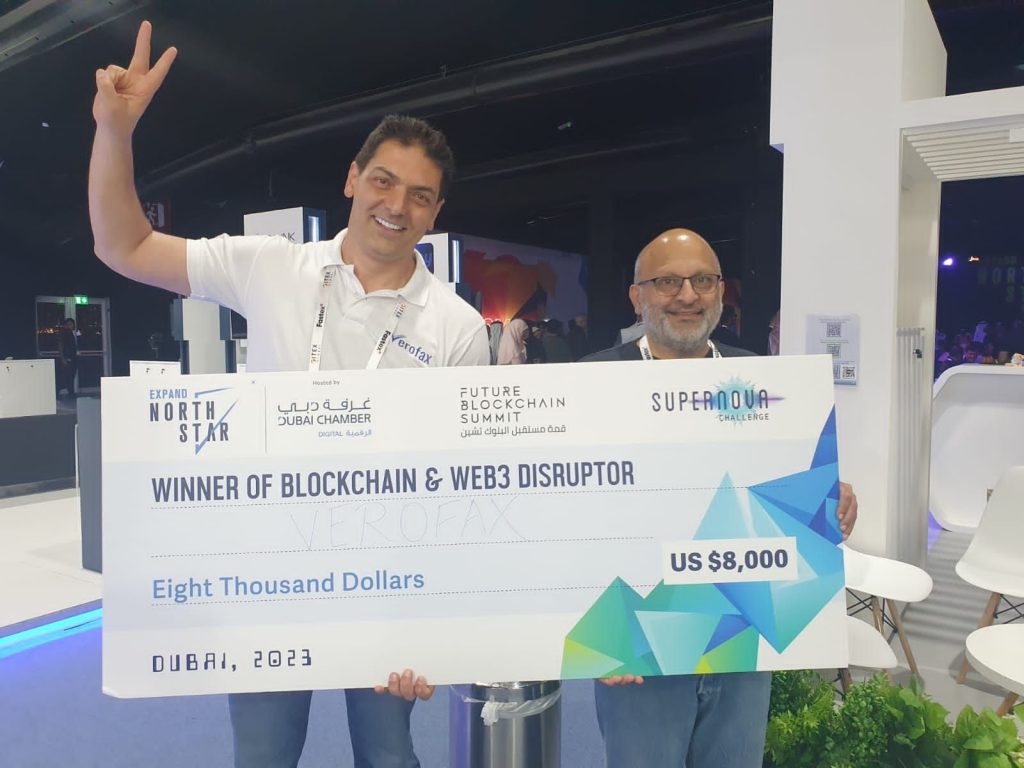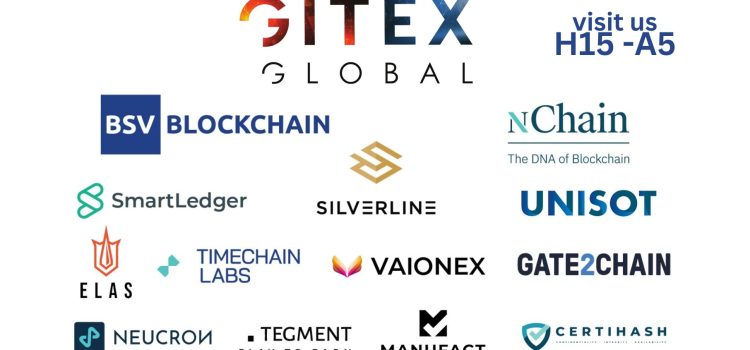
In a recent LinkedIn post, Soham Panchamiya, Associate for tech companies and regulatory disputes at Reed Smith, one of the leading global law firms with more than 1,500 lawyers in 30 offices throughout the United States, Europe, the Middle East and Asia, announced that they are expecting Dubai Virtual Asset Regulatory Authority (VARA) will fully license 15 entities before the end of 2023.
According to Panchamiya, “New developments continue to come forward in the UAE VARA in Dubai is making great strides to earn its stripes as the premier regulator for crypto and Web3 companies in the world.”
He also expects major announcements and change for game-fi, DeFi and crypto derivatives.
So far Dubai VARA has already fully licensed four crypto exchange, brokerage, and custodial firms. Most recently is BackPack exchange, TOKO, received full crypto exchange licenses, while Komainu received full crypto custodial and custody staking services. VARA was one of the first regulators globally to issue crypto staking regulations. The fifth license was given to Laser Digital for crypto broker and investment services.
On VARA’s register listing are 11 entities that have either received a full license or at the MVP preparatory or operational phase. These include names such as Bybit crypto exchange, Binance, OKX, crypto.com, GCX exchange, as well as Hextrust crypto custodian. Meanwhile, BitOasis license is still inactive, after it had received MVP operational license.
There are others who have received preliminary approval not listed on VARA website.
Given the current numbers, VARA will be licensing 11 more entities before the end of the year.
In August 2023, the Dubai Department of Economy and Tourism and Dubai VARA signed an MOU to unify VASP (virtual asset service provider) offering in the city. The two entities are collaborating to offer a synchronized VA market assurance across the Emirate of Dubai –spanning Customer Care + Complaints; [Business] On-Site Inspection + Enforcement; [Business] VASP Registration + Licensing; [G2G + G2B + G2C] Education-Training-Knowledge Sharing.
During DACOM (The Digital Asset Compliance and Market Integrity Summit) hosted by Solidus Labs, a crypto-native market surveillance and risk monitoring hub tailored for digital assets, in Abu Dhabi in May 2023, Henson Orser CEO of VARA stated, that the future will include tokenization of real world assets, including real estate, as well as micro financing, royalty rights for creators and publishers, with smart contracts for movies /music, permissioned DeFi (Decentralized Finance), gaming and the metaverse. Here he sees, “A billion users will start to challenge the boundaries of title and value” and finally interoperability, transfers identity and more.
Furthermore in an exclusive LaraontheBlock interview with Henson Orser, discussing VARA stated that while the term DeFi is not specifically referenced in the 7 Rulebooks from VARA, DeFi lies very much at the core of Dubai’s Future Economy considerations. Orser explained that VARA’s Rulebooks have focused on facilitating borderless ‘value-exchange’ both in the traditional and new economy contexts, by leveraging a full spectrum of cross-cutting ‘activities’, which should not in any way be construed as TradFi specific.
He stated, “We are well aware that in this sector new technologies and products will be continually emerging, and constructively challenging traditional financial systems. It is exactly for this reason that VARA has been constructed as a technology agnostic and product-neutral framework that allows us to remain progressive and future-focused. This means that our regime will provide for R&D sandboxes to test, learn and evolve prototypes across DeFis and DAOs today, to wider innovations across Metaverse and Web3.0. As we have maintained, the VARA Regulations will strike a measured balance between remaining agile so we benefit from future waves of technological innovations, yet being definitive in their ability to provide the required market certainty, FATF assurances, and cross-border security which are non-comprisable to us.”
In September 2023, VARA updated its virtual asset rulebook and added new regulations with regards to what it calls Fiat referenced virtual asset ( FRVA) better known to most as virtual assets pegged to a stable value, or stablecoins.
Prior to that VARA opened the door to regulate crypto staking services with its revised Custody Services Rulebook, allowing staking by virtual asset custody Service providers. As per the revised rule book, virtual asset service providers who carry out custody services can offer staking services as well without obtaining a separate license for VA Management and Investment Services. Additional licensing and supervision fees will be payable in connection with the provision of this additional service.
As per Panchamiya in his post, he states, “Not a bad start. It remains to be seen how viable the industry sector is going to be moving forward as the continuance of the bear market dampens spirits worldwide, but with the spot ETF movements in the US, the recent wins in courts and the continued regulatory developments, it seems that market players and UAE regulators are bullish.”









